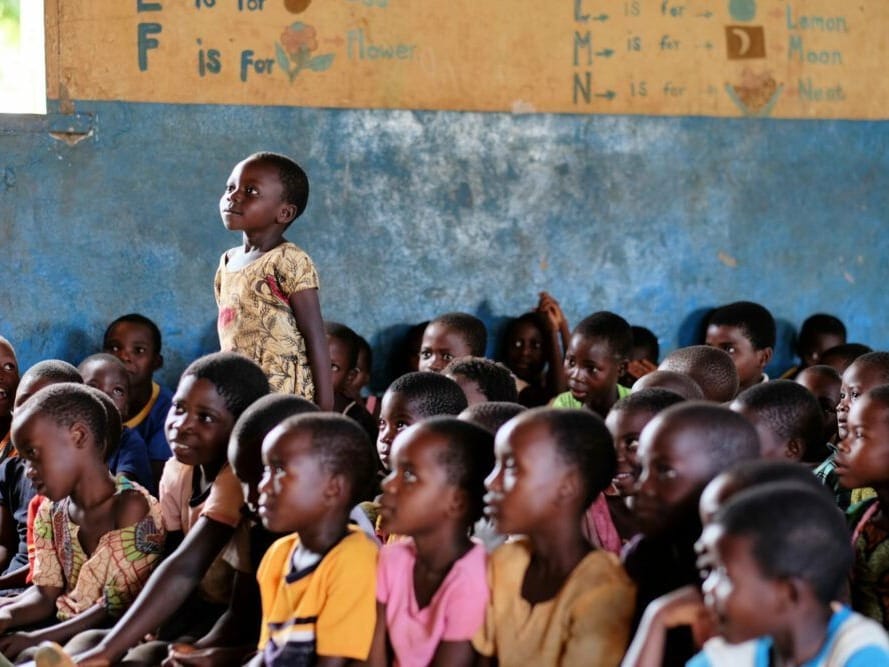The World Health Organization began testing the world's first malaria vaccine in Malawi, one of three African nations where it is being used to immunize children up to two years old.
The pilot program, which will expand to Ghana and Kenya in coming weeks, is 32 years in the making. That is how long it has taken to develop the only licensed vaccine to protect against the mosquito-spread parasitic disease that kills about 435,000 people every year, most of them children under five years old in Africa.









